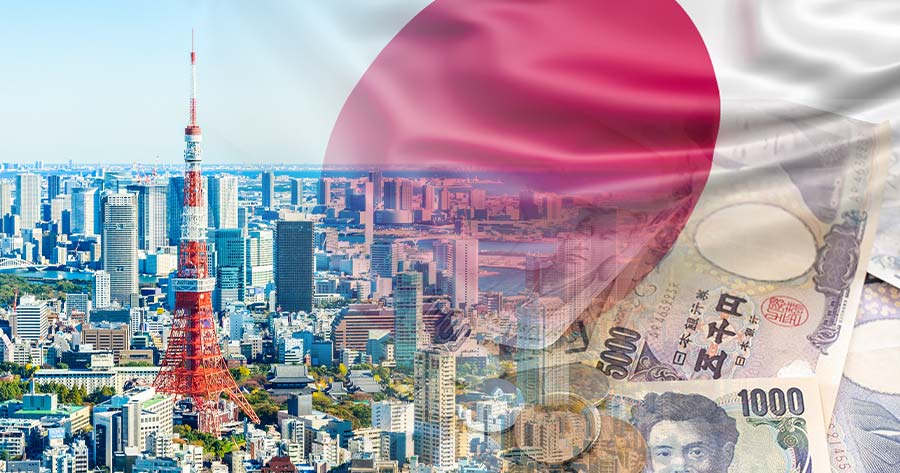Wholesale inflation in Japan picked up pace in June due to the yen’s depreciation, which led to higher costs of importing raw materials, as per data released on Wednesday. This development has maintained market anticipation for a potential interest rate hike by the Bank of Japan (BOJ) in the near future.
Rising global commodity prices and the elimination of gasoline and fuel subsidies were also cited as factors pushing wholesale prices higher, signaling an increase in inflationary pressures.
The upcoming BOJ policy meeting on July 30-31 will assess this data, along with releasing updated growth projections and deliberating on the possibility of raising interest rates from their current near-zero levels.
According to BOJ data, the corporate goods price index (CGPI), reflecting the prices companies charge each other for goods and services, rose by 2.9% in June compared to a year earlier, aligning with the median market forecast.
This acceleration from the revised 2.6% in the previous month marked the sharpest year-on-year increase since August 2023, hitting a record high for the seventh consecutive month at 122.7.
The yen-based import price index surged by 9.5% in June year-on-year, reflecting a faster pace than the revised 7.1% rise in May. This rise indicated that the weakening currency was contributing to increased prices of imported raw materials among companies.
Yutaro Suzuki, an economist at Daiwa Securities, noted that sustained yen depreciation and elevated energy costs were likely to drive further increases in import prices, potentially leading to accelerated inflation by autumn.
BOJ Governor Kazuo Ueda emphasized that the bank would consider raising interest rates if confident in Japan’s ability to achieve the 2% inflation target sustainably. He also highlighted monitoring yen movements and their impact on inflation as a crucial factor in the BOJ’s decision-making process.





